South Africa Launching New Digital Nomad Visa But Is It Worth It?
6 min readLast Updated 8 months ago
Digital Nomad Visas (commonly shortened to DNVs) are the single greatest development in the nomad subworld since, well, digital nomadism became ‘a thing’: not only does it reaffirm these workers’ status and recognizes them as a community, but it offers them a pathway to migration.
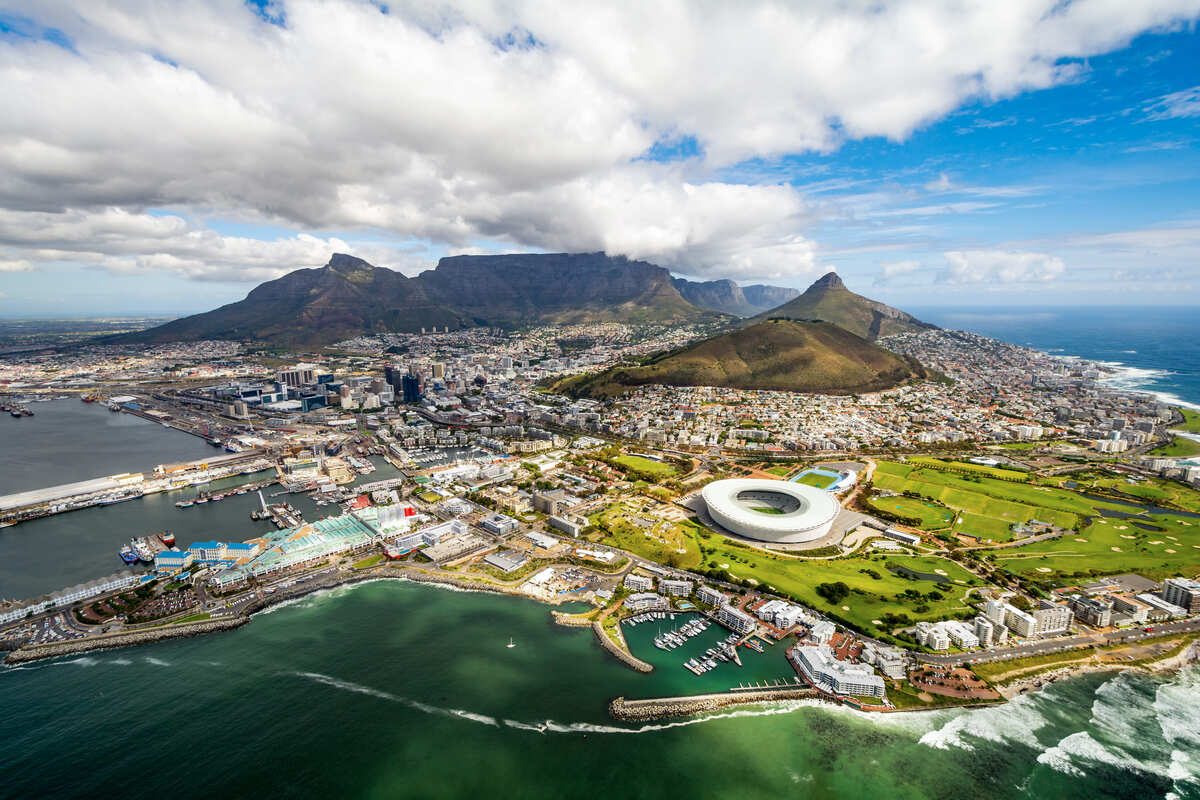

Relocating countries can be an extremely gruelling process, what with the endless bureaucracy and complicated visa applications.
For years, digital nomads felt ‘left out’ as most countries would only issue residence permits to highly-skilled workers with a local contract.
Now, over half the world offers DNVs, from South America’s Brazil and Colombia, across the pond to Portugal, Spain, Italy and Croatia, and all the way to Asia’s wellness havens Thailand and Bali, allowing them choose which destinations suit them (and their budget) best.


Just this week, yet another trendy sunny country decided to jump on that bandwagon: one of Africa’s leading nomad hubs, South Africa has finally launched a Digital Nomad Visa, and it’s now encouraging young remote workers and entrepreneurs to apply.
Cape Town’s gorgeous coastal views and Johannesburg’s thriving cultural scene sound appealing enough, but how hard is it to get a South African DNV, and most importantly, is it even worth it?
This is what we’re going to establish today:
The Controversy Behind South Africa’s DNV
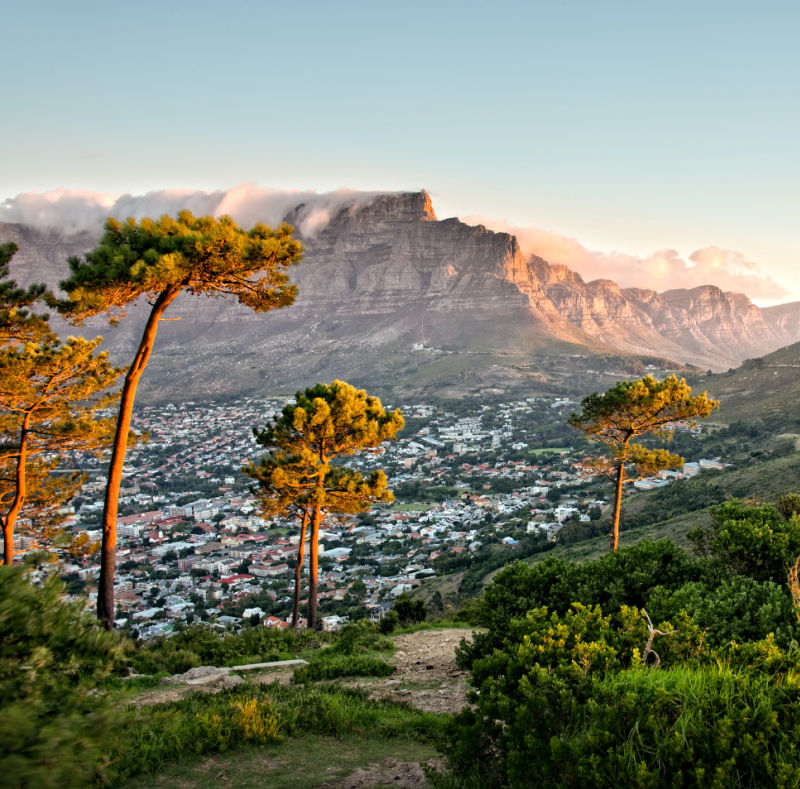

This South African DNV has been over a year in the making since the local government first hinted that nomads could be issued a category-specific residence visa if they wished to base themselves in the country.
Following an extensive period of consultation, which included some backlash from locals who fear an influx of nomads could increase living expenses, as seen in parts of Europe and Asia, authorities finally agreed on a final draft.
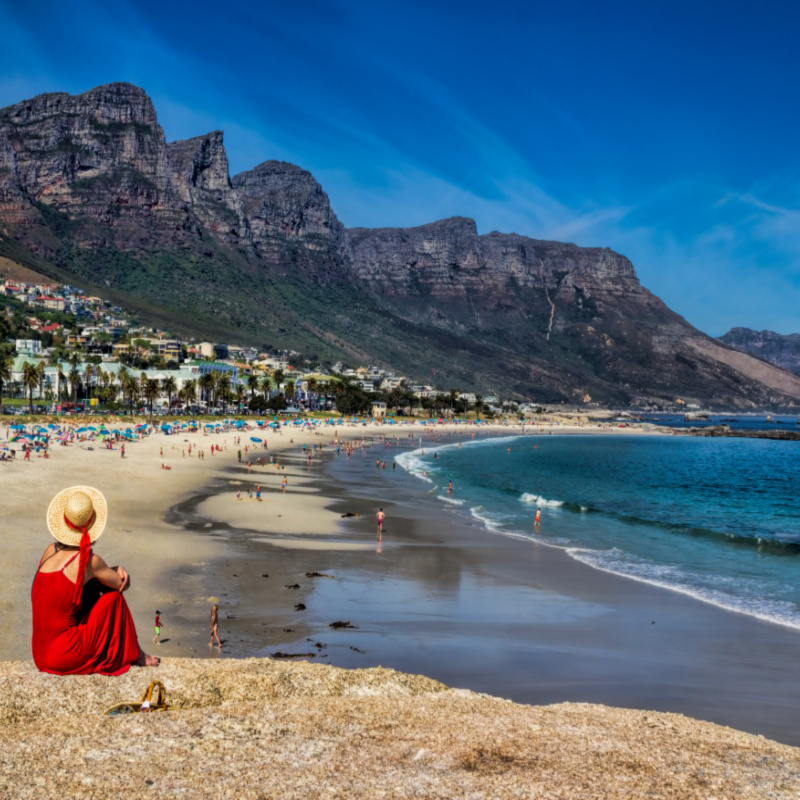

Interestingly, no public opinion expressed during the period of consultation was taken into account, as the document presented is nearly identical to the initial proposition put forth in February, leading local experts, including IBN Immigration Solutions, to call it ‘problematic’.
No major law update in South Africa is without controversy; however, ongoing discussions aside, this is how the African DNV will work:
Controversies aside, this is how the African DNV will work:
How Does The South African DNV Work?
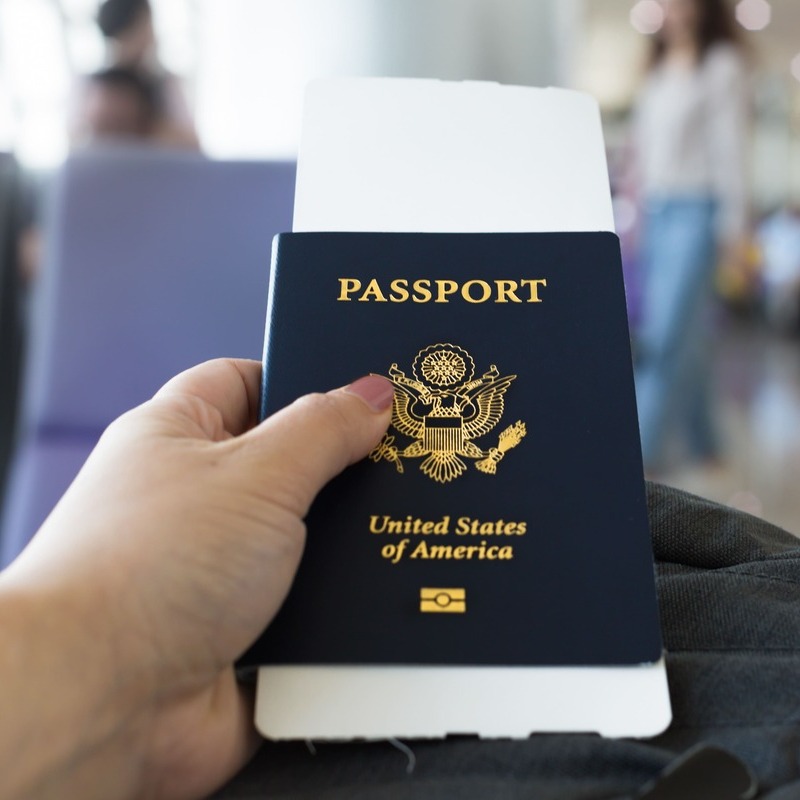

DNVs typically allow remote workers to live in a country for a limited period of time – longer than a tourist visa, shorter than a formal residency permit – usually between one and three years, and some may even be renewed, provided the same conditions for issuing the visa originally are still met.
Requirements often include receiving all of your income from foreign sources and meeting a minimum financial threshold – nomads have to earn a certain amount of money in order to become eligible to apply – and background checks are common, too.


In South Africa, digital nomads must earn at least 1 million South African rand per year to be considered, which is the equivalent of $52,575 (roughly $4,381 per month), other than being entrepreneurs or employees with non-South African income.
This places the South African DNV on the ‘pricier’ end, more expensive even than some of the most sought-after European DNVs: in incredibly popular Portugal, nomads have to prove earnings of over $3,524 per month, while Italy’s financial requirement is set at an even lower $2,533.


On the bright side, nomads are – technically – exempt from taxes for six months, but then there is a whole set of legal technicalities that go unaccounted for…
The 3 Major Problems With South Africa’s DNV
We don’t know, for instance, whether the financial threshold is based on gross or net income – the South African Government has not made that particularly clear – and most importantly, whether freelancers qualify or not, as DNV applications require proof of employment.
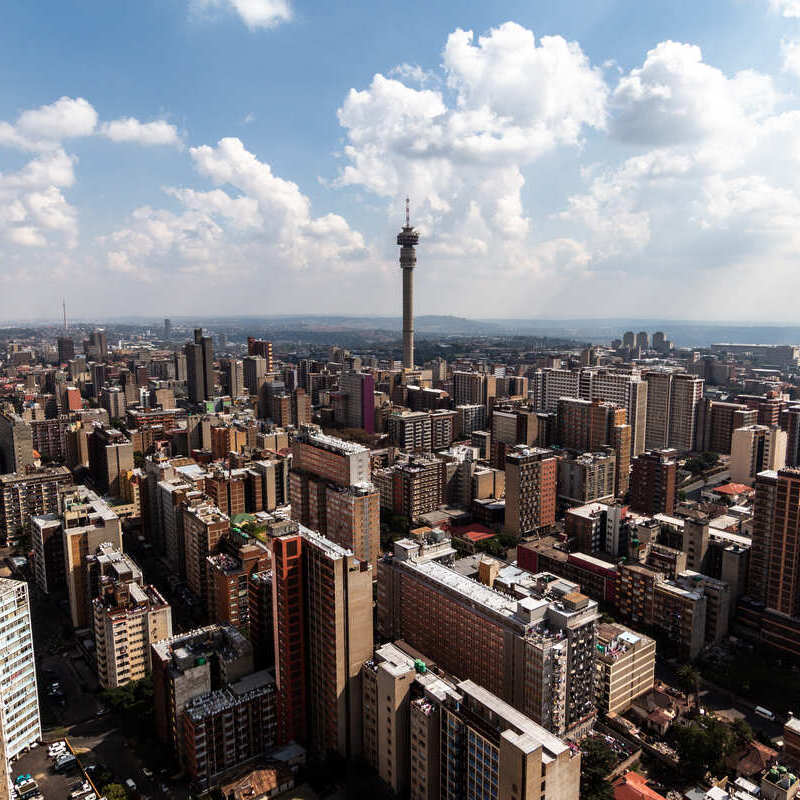

Furthermore, questions have been raised as to whether the 6-month tax exemption is even attractive at all, to begin with: if you’re looking for tax-friendly countries, why would you go through the exhausting process of a visa application to only stay half a year?
It is not even technically legal, seeing that South Africa’s Income Tax Act has not yet been amended to exempt foreign workers from contributing to the welfare system in this particular scenario, not to mention other regulations that could hinder the implementation of this visa.
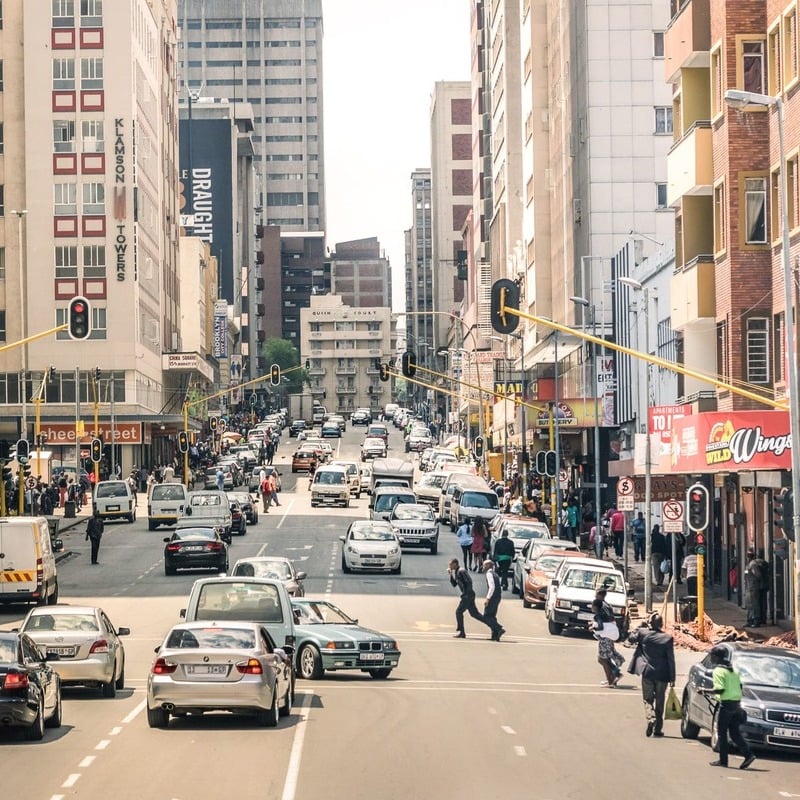

The Tax Administration Bill introduced in 2023 is yet another potential hurdle, as it requires that South Africa-based employers working for companies registered in the territory have their PAYE (pay-as-you-earn) deducted.
As for foreign companies, they are equally required to apply for a local ‘SARS’ income tax number and register a ‘branch’ in South Africa to be able to operate from within the country; if you’re a CEO, you run a micro-business, or you’re an entrepreneur, you can see how that might be an impediment.


More shockingly even, the country’s contentious Copyright Bill authorizes local institutions, such as universities and technology centers, to reproduce software products available in South Africa without having to pay creators their fair share (in simpler terms).
A large percentage of digital nomads work in software development and the IT industry, and they might have reservations about forfeiting rights to their intellectual property by basing themselves in South Africa in the wake of this new questionable law.
The South African DNV Summarized


In sum, these are the requirements that apply to nomads, according to IBN Immigration Solutions, a company that also helps nomads handle applications:
- They must be employed ‘remotely’ by a ‘recognized’ foreign employer
- They must earn a minimum annual salary of R1,000,000 ($52,575)
- They must present proof of absence of any criminal convictions
The visa is valid for an initial period of three years and medical insurance is not required, however, applicants must show a medical certificate indicating they’re in ‘good health’, though the exact definition of ‘good health’ isn’t clear.
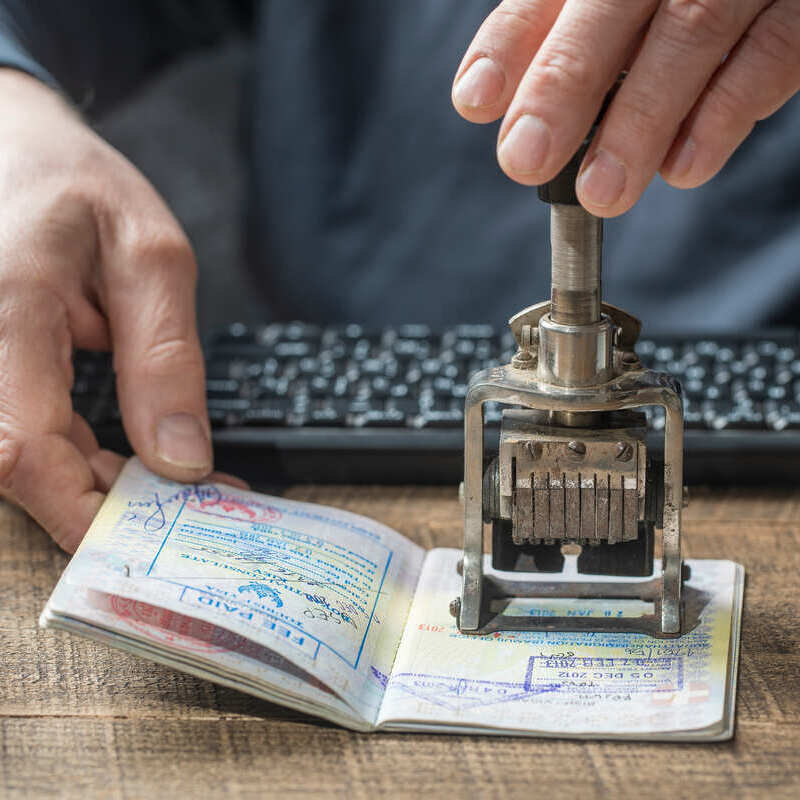

Speaking of unclear information…
- Clarity is still needed as to whether freelancers can apply
- The South African Government is yet to outline how the six-month tax exemption will come into play
- We don’t know how nomads working in certain key sectors, such as IT, will be affected by the controversial Copyright Bill
Despite concerns being raised, the visa has now officially been written into law.
So… Is The South African DNV Worth It?
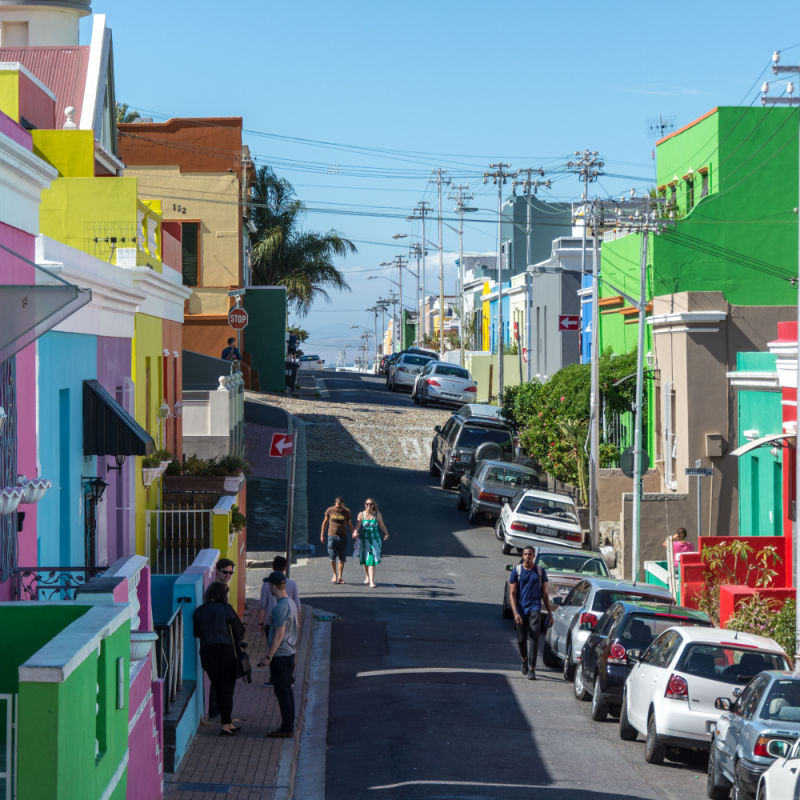

Whether you should apply for a South African DNV is entirely your call after you’ve weighed in the pros and cons and done extensive research on the program.
We will say that, based on the information we do have available, it doesn’t sound like a particularly attractive Digital Nomad Visa, particularly considering how high the income requirement is – it’s higher than European DNVs – and this is South Africa we’re talking about.
Yes, it is a gorgeous, multicultural country with fantastic beaches, delectable cuisine, and exciting city breaks, but you know, living there is no smooth ride, what with the well-documented national blackouts, widespread gang violence, ongoing ethnic tensions, and rampant violence.
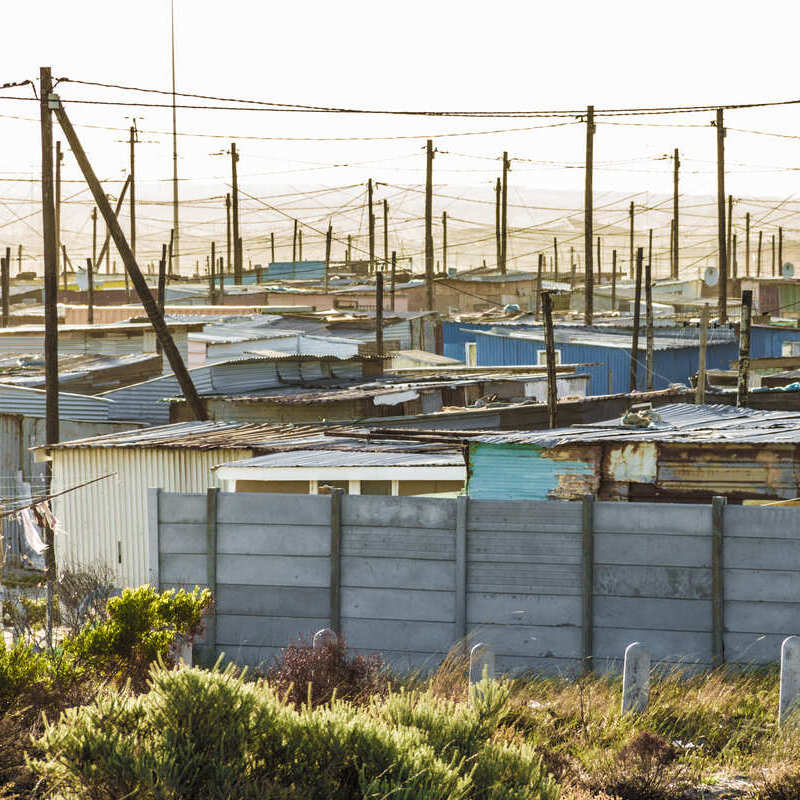

We’ve covered these in depth here, but to sum it up, unless you’re able to afford to live in a gated community with sophisticated anti-burglar systems, we wouldn’t recommend you try your luck based on the damning data on crime we have available.
In a way, nomads making over $4,381 per month – the only ones who are eligible for this visa – are unlikely to be excessively worried about budget when it comes to reinforcing their own safety.
Still, there are plenty more options in this ever-growing DNV market.
At the end of the day, if you’re still interested in residing temporarily in South Africa as a digital nomad, you can do so on a tourist visa for a shorter period of time instead: Americans, Canadians, and most Europeans can stay in the country visa-free for up to 90 days.
↓ Elevate Your Travel↓
Sign Up Now For Travel Off Path Premium! No ads, VIP Content, Personal Travel Concierge, Huge Savings, Daily Deals, Members Forum & More!
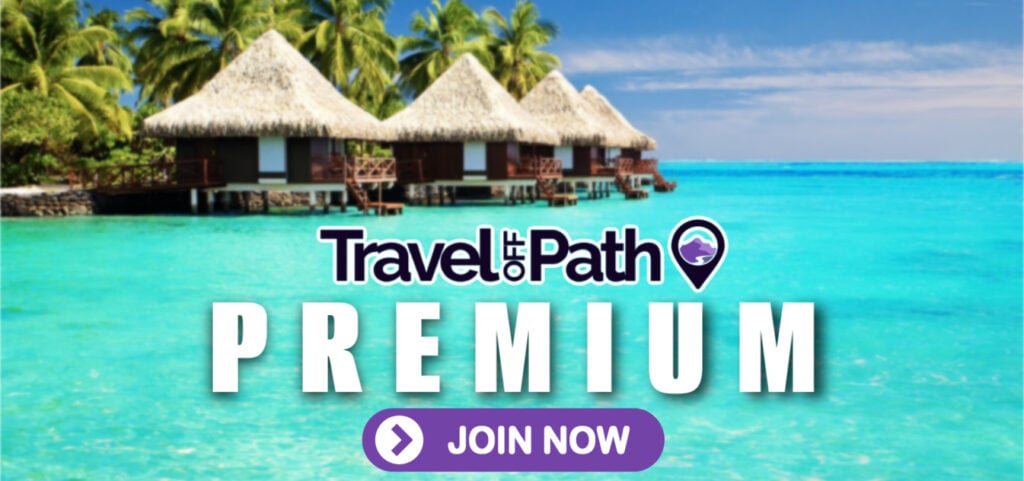

✈️Join Our Travel Off Path Community Forum: Where travelers unite, ask questions, share experiences and even find like-minded travel buddies!
SUBSCRIBE TO OUR LATEST POSTS
Enter your email address to subscribe to Travel Off Path’s latest breaking travel news, straight to your inbox.
This article originally appeared on TravelOffPath.com
Opinions expressed here are the author’s alone, not those of any bank, credit card issuer, hotel, airline, or other entity. This content has not been reviewed, approved or otherwise endorsed by any of the entities included within the post.


